Jack Smith sparked controversy
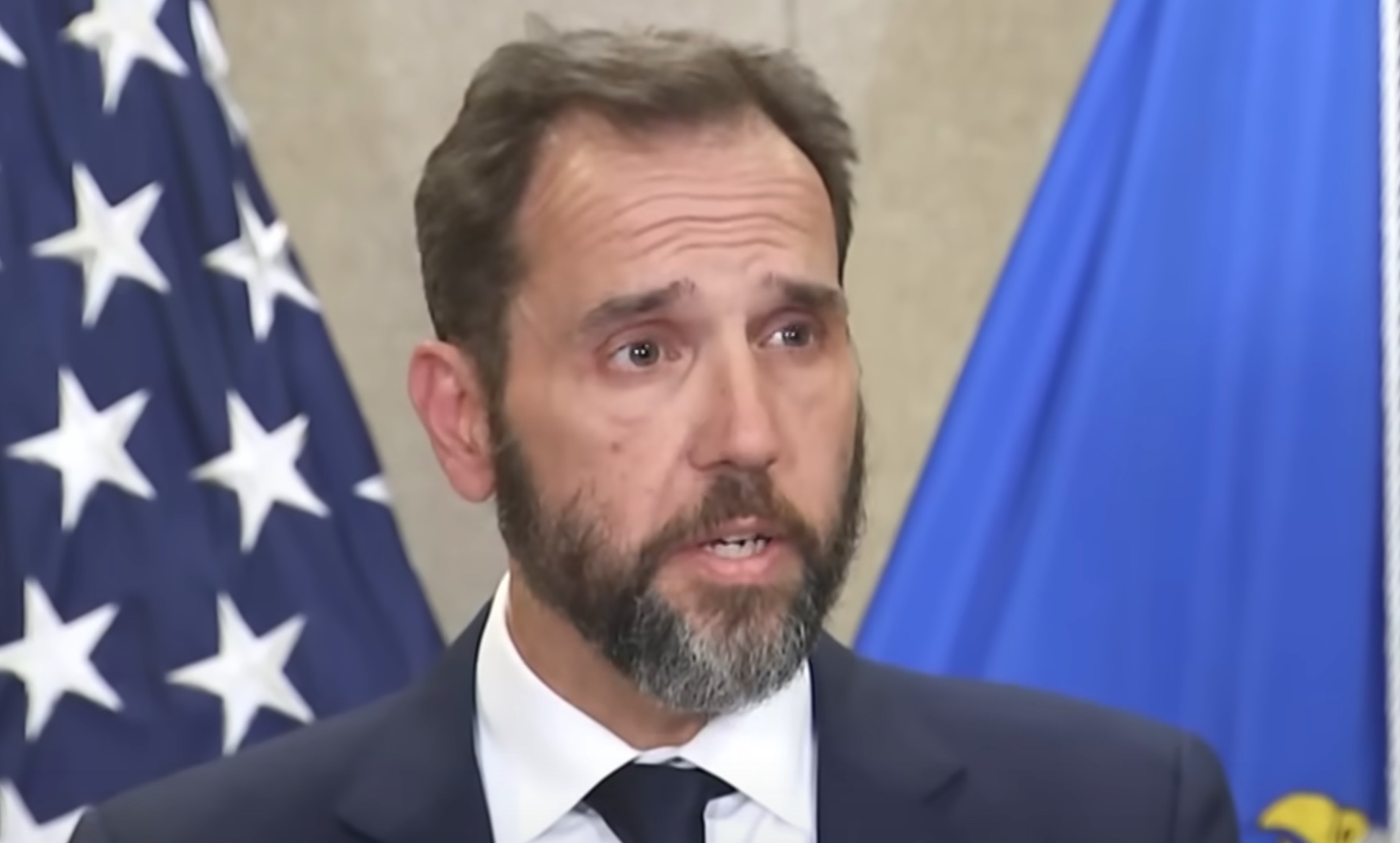
CNN
Special Counsel Jack Smith has sparked controversy by indicating a potential strategy to navigate around a forthcoming Supreme Court decision on crucial obstruction charges against former President Donald Trump.
Judicial review

CNN
The dispute revolves around a statute facing judicial review, impacting various cases linked to the January 6 Capitol breach. In a recent legal filing, Smith addressed the issue of whether a former president can face criminal prosecution for actions conducted during their term.
Immunity
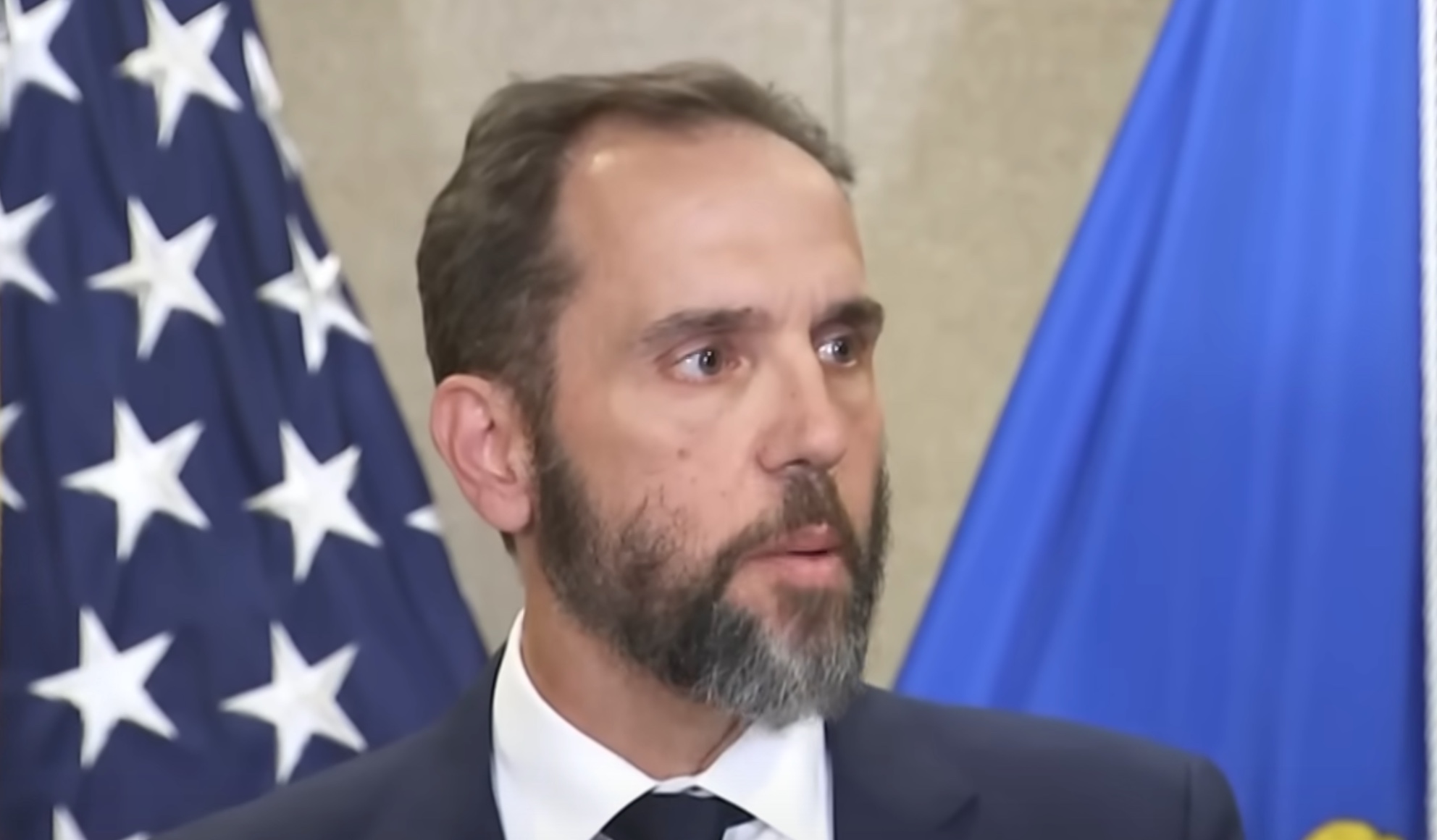
CNN
The central query pertains to whether Trump holds immunity from criminal charges for official acts carried out while in office.
Ex-presidents
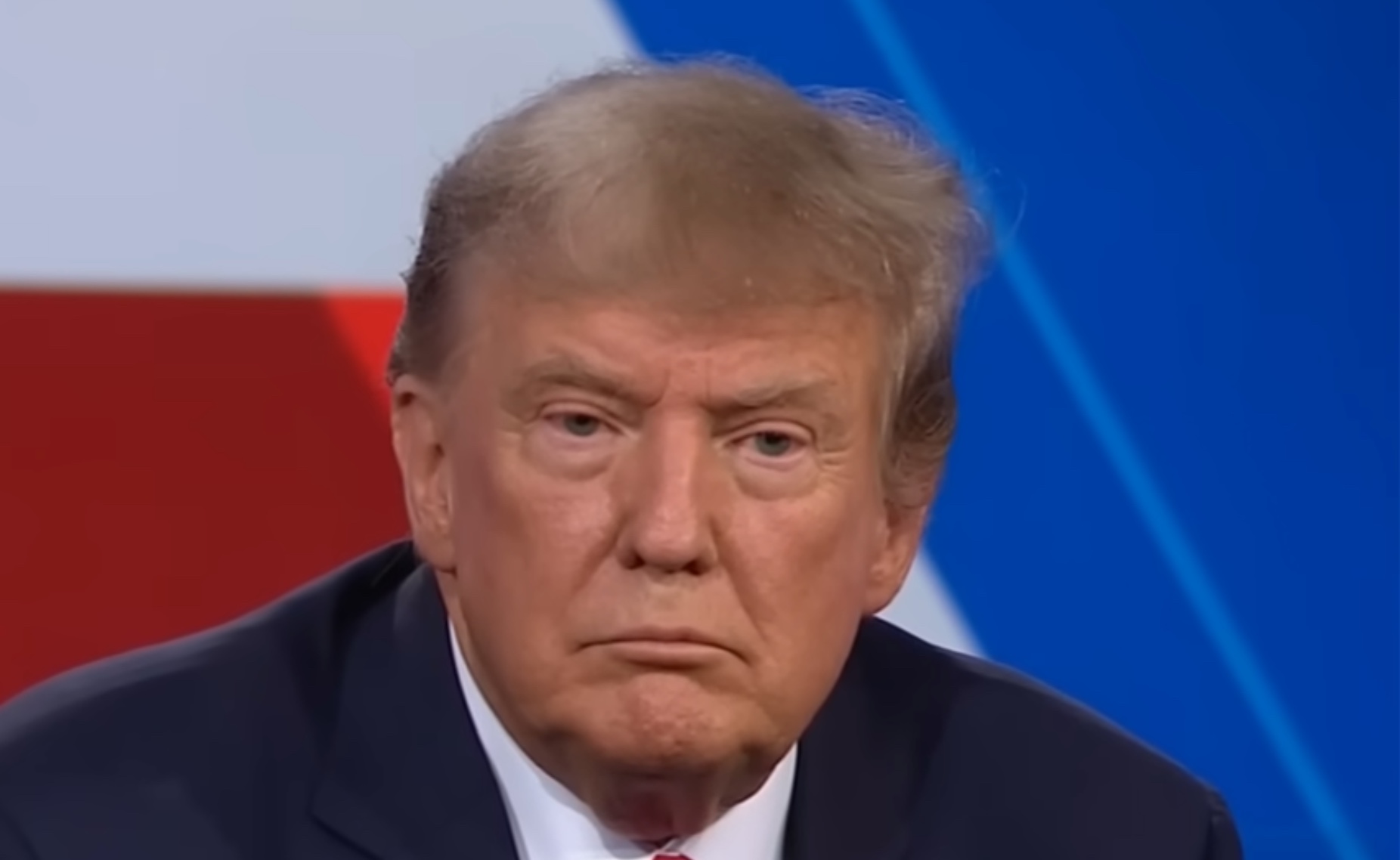
CNN
Smith contended that ex-presidents do not possess absolute immunity from federal criminal prosecution for such acts, citing constitutional principles of separation of powers and historical instances to support his argument that presidential immunity does not cover actions violating federal criminal statutes.
Constitutional duty
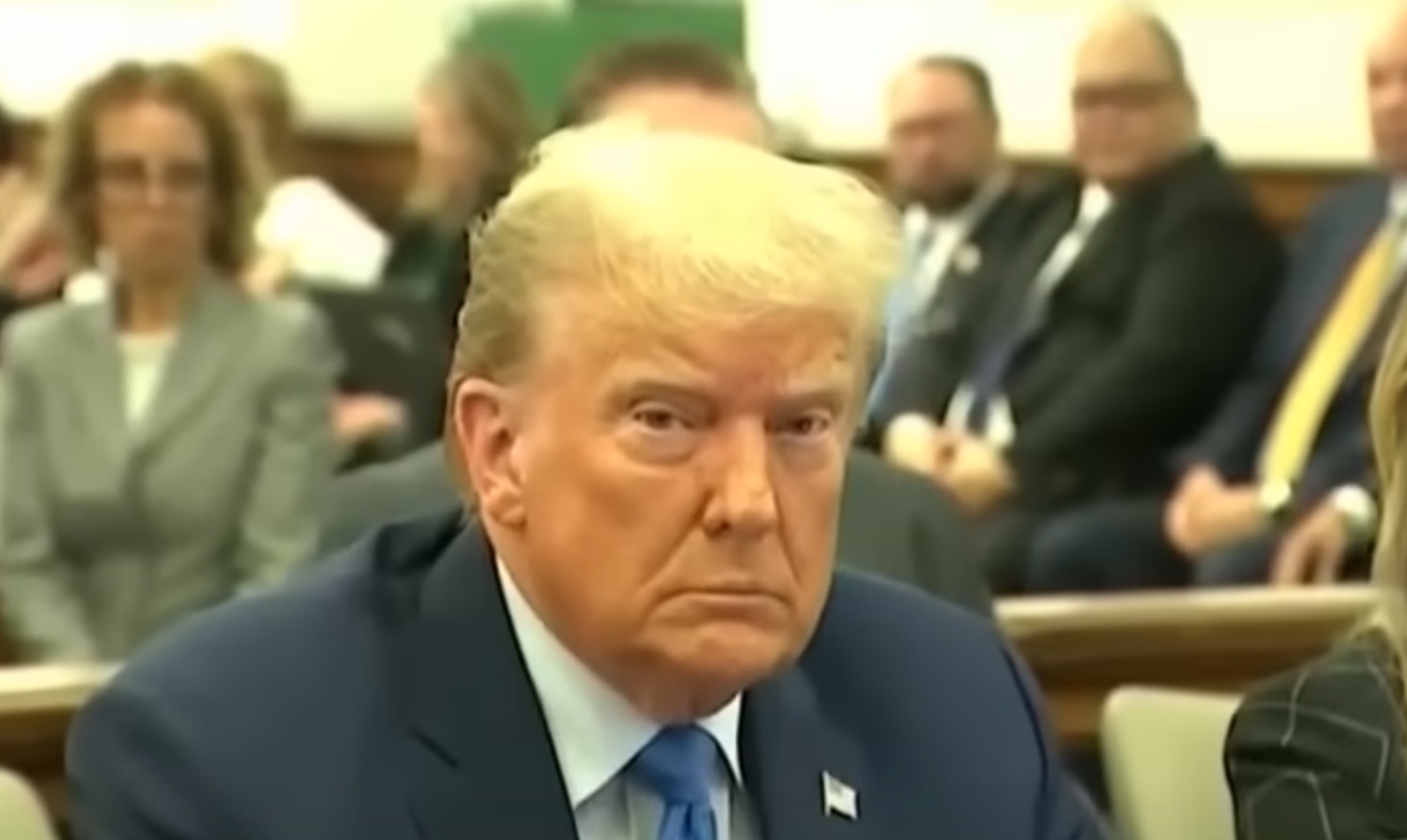
Youtube
“The President’s constitutional duty to take care that the laws be faithfully executed does not entail a general right to violate them,” Smith and his team wrote. “The President’s constitutional duty to take care that the laws be faithfully executed does not entail a general right to violate them.”
Legal consequences
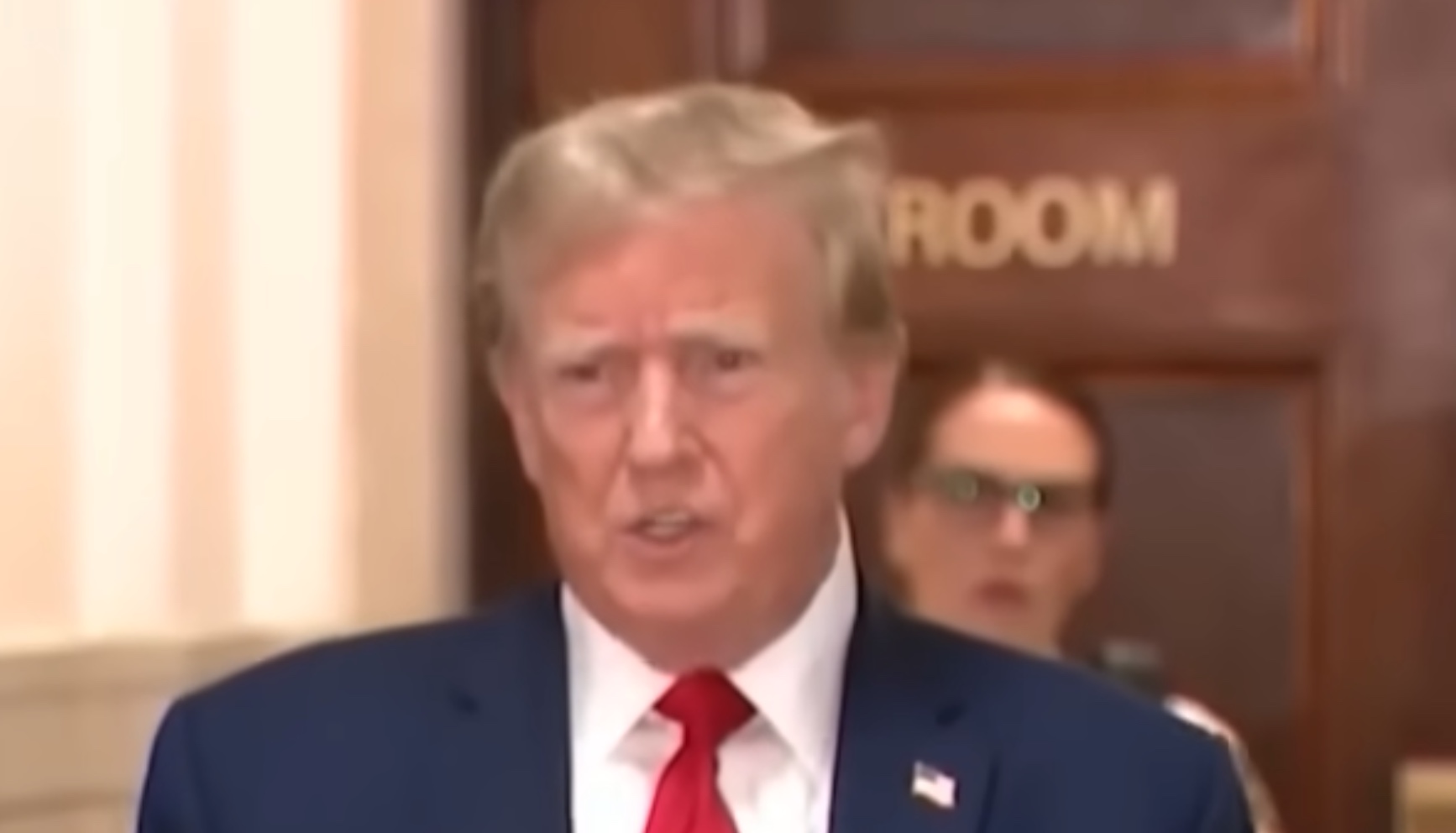
Youtube
The document cites past legal cases and court rulings that endorse the idea that a president or former president can face legal consequences and criminal charges post their term in office.
Smith argued

Youtube
Smith argued that there is a distinction between immunity from civil lawsuits, provided to sitting presidents to safeguard their official duties, and criminal prosecution, which is essential for upholding the rule of law and public interest.
Supreme Court deliberation

pixabay
The upcoming Supreme Court deliberation on Fischer v. United States, a case challenging the broad interpretation of the obstruction statute, holds significant implications.
Charges against Trump

pixabay
A ruling in favor of Fischer could potentially undermine the validity of the charges against Trump, leading to their reversal and impacting numerous related cases. Despite this potential outcome, Smith has expressed readiness to explore alternative legal avenues to uphold the charges against Trump and other involved parties.
Remain valid

pixabay
During a recent presentation, Smith contended that in the event of the Supreme Court deeming the Department of Justice’s application of 18 U.S.C. §1512(c)(2) as improper, the remaining charges should remain valid due to accusations of tampering with evidence meant for an official proceeding.
Legal responsibility

Youtube
This position seems to serve as a contingency plan to maintain a degree of legal responsibility for Trump, regardless of the Supreme Court’s verdict.
Obstructing justice

Youtube
18 U.S. Code § 1512(c) is a section of the federal criminal code that pertains to obstructing justice. It reads as follows: Whoever corruptly (A) alters, destroys, mutilates, or conceals a record, document, or other object, or attempts to do so, with the intent to impair the object’s integrity or availability for use in an official proceeding; or (B) otherwise obstructs, influences, or impedes any official proceeding, or attempts to do so,
shall be fined under this title or imprisoned not more than 20 years, or both (c)(2) – Whoever corruptly obstructs, influences, or impedes any official proceeding, or attempts to do so, shall be fined under this title or imprisoned not more than 20 years, or both.
Tampering

Youtube
This provision aims to deter different types of tampering and obstruction linked to official proceedings, often applied in instances involving evidence tampering or behaviors that could impede the investigation and prosecution of criminal behavior.
2024 presidential election
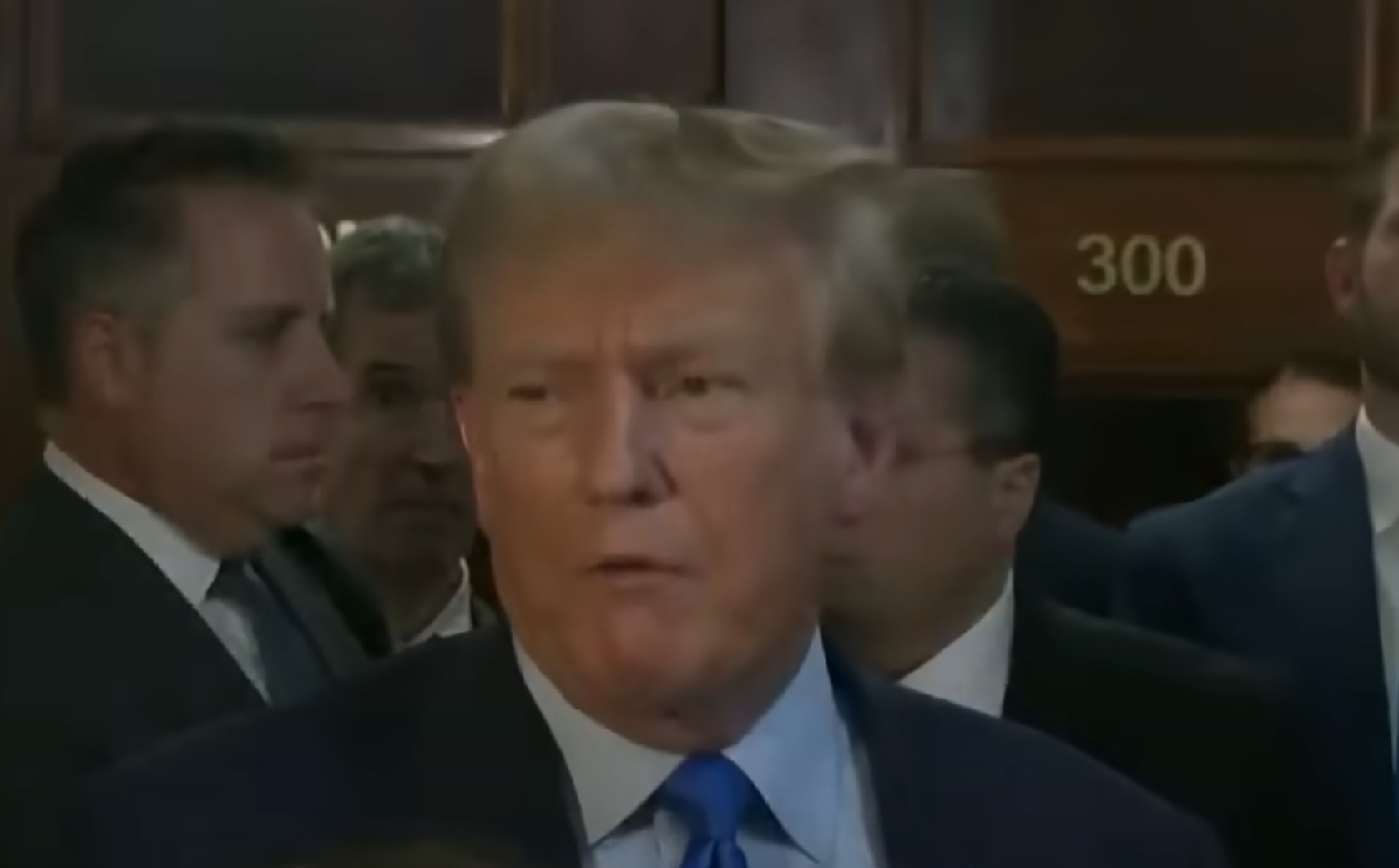
Youtube
As the 2024 presidential election approaches, the results of these legal disputes may impact public opinion and sway the election in November.
Supreme Court’s ruling
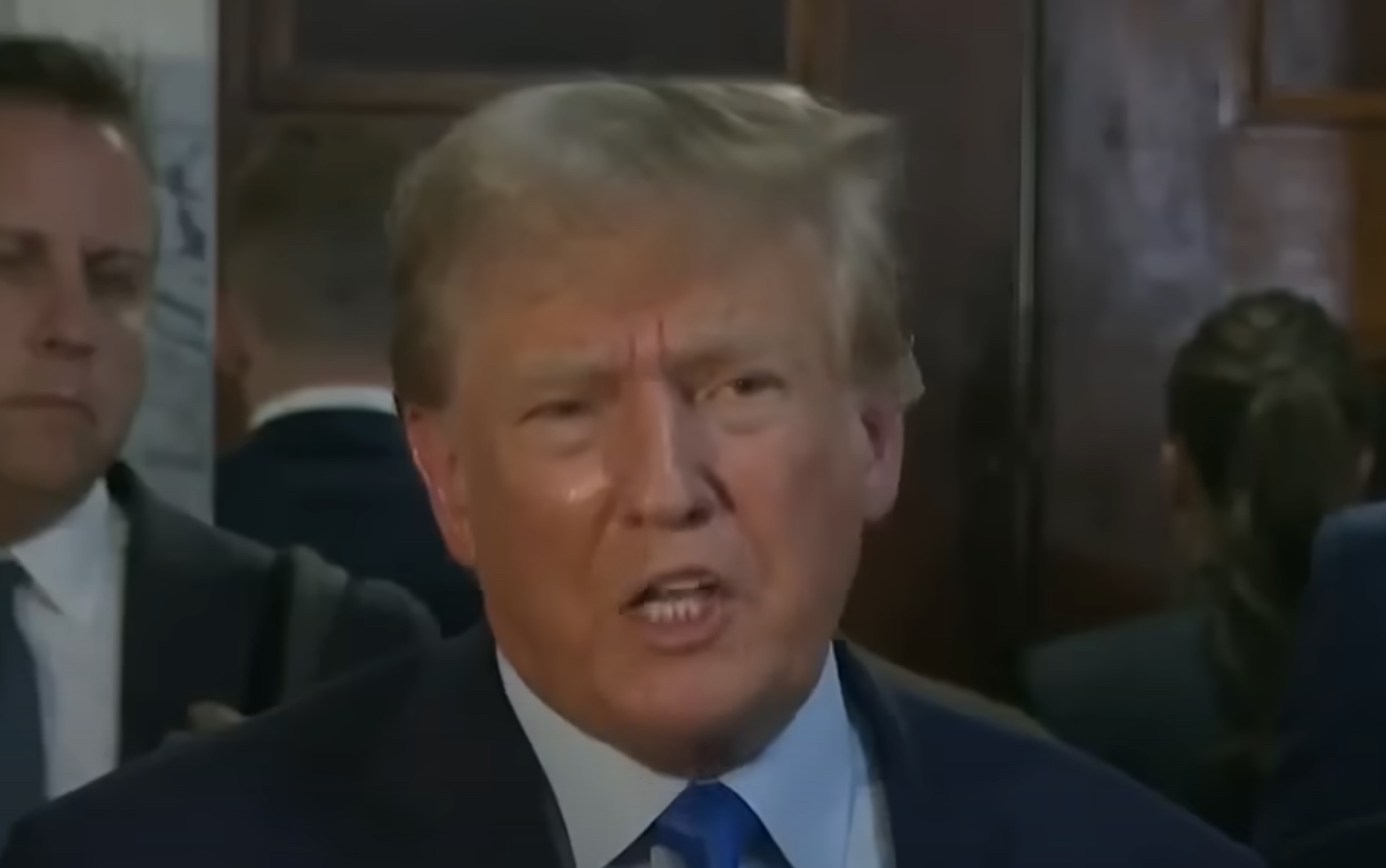
Youtube
With both political factions preparing for the Supreme Court’s ruling, the principles of the legal system and the boundaries of legal interpretation take center stage.


zeuoefpcyo
November 6, 2024 at 5:56 pm
Muchas gracias. ?Como puedo iniciar sesion?